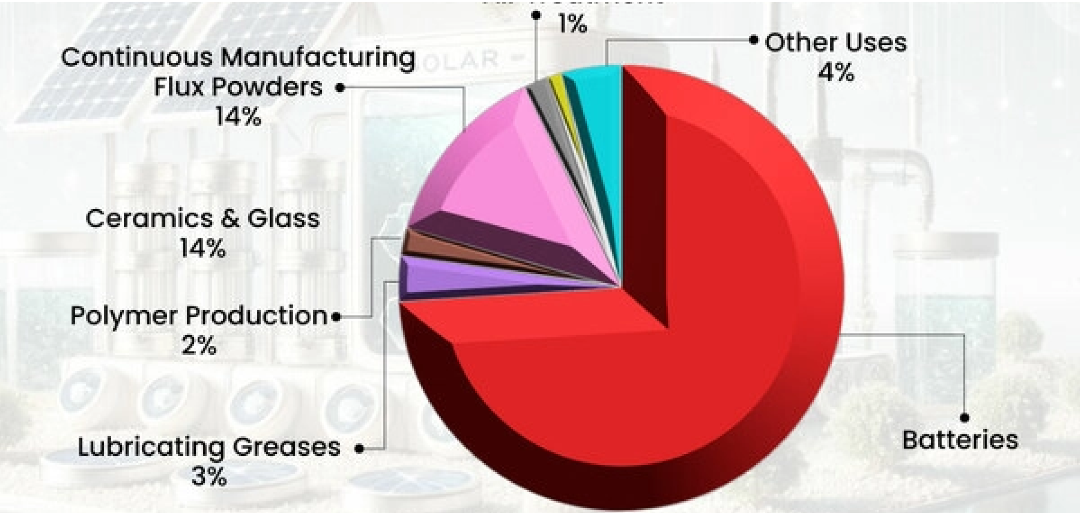Research Reveals EVs are Cheaper than Fuel-Run Vehicles
Electric vehicles are a new alternative to conventional fuel-run vehicles. Clean energy transformation focuses on developing electric vehicles in the automotive industry. Conventional vehicles produce carbon emissions that hinder progress towards sustainability. Hence, the automotive industry is responsible for the majority of carbon emissions. As a result, the production of electric vehicles and their adoption by consumers is vital for green energy development. Electric vehicle (EV) manufacturing has shown consistent growth in light of the clean energy transition. However, consumers find it expensive, lacks charging infrastructure, takes longer to refuel, and many others. Hence, all these technicalities affect the actual purchasing growth of EVs in the automotive market. A recent study into electric vehicle development in 2024 shows a different scenario. EVs can be budget-friendly; otherwise, the current market trends are expensive.
The research on electric vehicles in 2024 shows that EVs can be cheaper to maintain than conventional vehicles. It mentions that EVs show more inexpensive options to vehicle owners for extended periods. A survey by the Argonne National Laboratory shows that the maintenance cost of EVs is 40 percent cheaper. Other surveys cite more positive trends with electric vehicles. Electric vehicles have lower maintenance costs, at least in the initial five years of purchase. Since electric cars have a smaller number of mobile parts and zero oil circuits, they need less maintenance.
Additionally, since electric vehicles require no fuel, they can drive long distances with less fuel and maintenance costs. Further, surveys show consumers can save up to USD 1,200 as EVs require less maintenance. However, gasoline-run cars demand 30 percent more attention for maintenance.
Initially, EVs were expensive and hard to afford. Electric vehicles are accessible by frequently replacing mechanical parts like timing belts, spark plugs, and others. Moreover, regenerative brakes allow less wear and tear in the cars. The recent research and development in the electric vehicles sector prove that EVs can be helpful in the automotive industry. The pros and cons lie at the heart of each newly developed product. However, its efficiency and effectiveness should not be neglected. However, the current automotive industry deals with a scenario otherwise in 2024. electric vehicles will be more budget-friendly in the competitive market by 2050.

